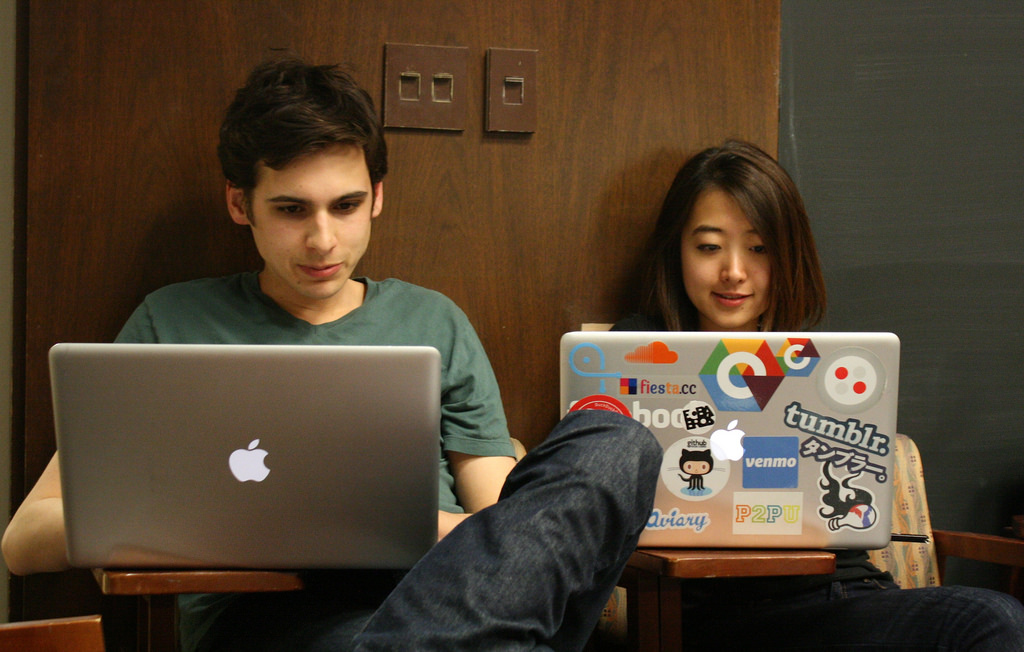No project is meant to be completed without sharing it with others. Coding is no different. With community partners, you can share the process of coding, and not just the final results of what your coding club is creating. Our lives are better together!
This is the final post for the Coding Together, Learning Together series. Here are my posts for Week 1, Week 2, and Week 3. Enjoy!
If you are interested in taking this course, it is being offered again July 31-August 25, 2017 by UW-Madison’s SLIS Continuing Education Department. This course was a game changer for me, and answered so many of the questions I had about coding that was stopping me from planning out a coding program at our library. I highly recommend taking this course.
Community Partners
The more support you have, the more you can do.
Local Schools may be your Best Community Partner:
- Use the vacation or early release days to reach students.
- Can help advertise your programs!
- Ask: “What (if any) coding programs are already being offered?”
- Older students may be available to volunteer as mentors or student leaders for community service.
Community Members and Businesses
- Parents may be willing to help be another set of hands. They do not need to know how to code, but can help students problem solve one-on-one while both learn together.
Other potential partners:
- Wisconsin DPI: Has launched a coding initiative. Stay tuned! While there are already dozens of videos, explanations, and resources available on their webpage, more will be added during the coming months!
- CoderDojo= no specific curriculum, so whatever you have chosen for your club’s structure will work. Variety of resources on their site. Good group to connect with, and consider joining forces with.
- Girls Who Code= On a mission to close the gender gap in technology. I heard about this group from an article in Popular Science. Here is an another article, however, from US News that gives a great overview of the group and the work they are doing. There is an application process to be part of Girls Who Code. After being accepted, they will send you curriculum.
Evaluating Success
Remember that not everything you try will work, and you will have setbacks. Go back to why you are working to “take on one more thing” and offer coding programs in the first place when you need inspiration. In my library, I have realized that I need to stick with any new idea or program for 3-6 months before my community even knows about it. Your community may be the same. To evaluate your success, keep records of how many attendees you have at each program. Also take note if you have repeat attendees–and if they bring a friend with them. When you see that, you know that you have met a need. Also, take into consideration the growth and understanding of coding your attendees demonstrate as they come to your programs. You are opening up a new world to your audience, and coding will change their lives.
Final thoughts:
- Hopefully these notes will have given you a few more tools in your toolbox for coding. Focus on 1-2 of these tools at a time.
- It is not just about the destination, it is about the journey.
I will be sharing news on our library’s coding adventures! But, I am especially interested in hearing about yours! Please send me information on your programs so we can learn from one another!
